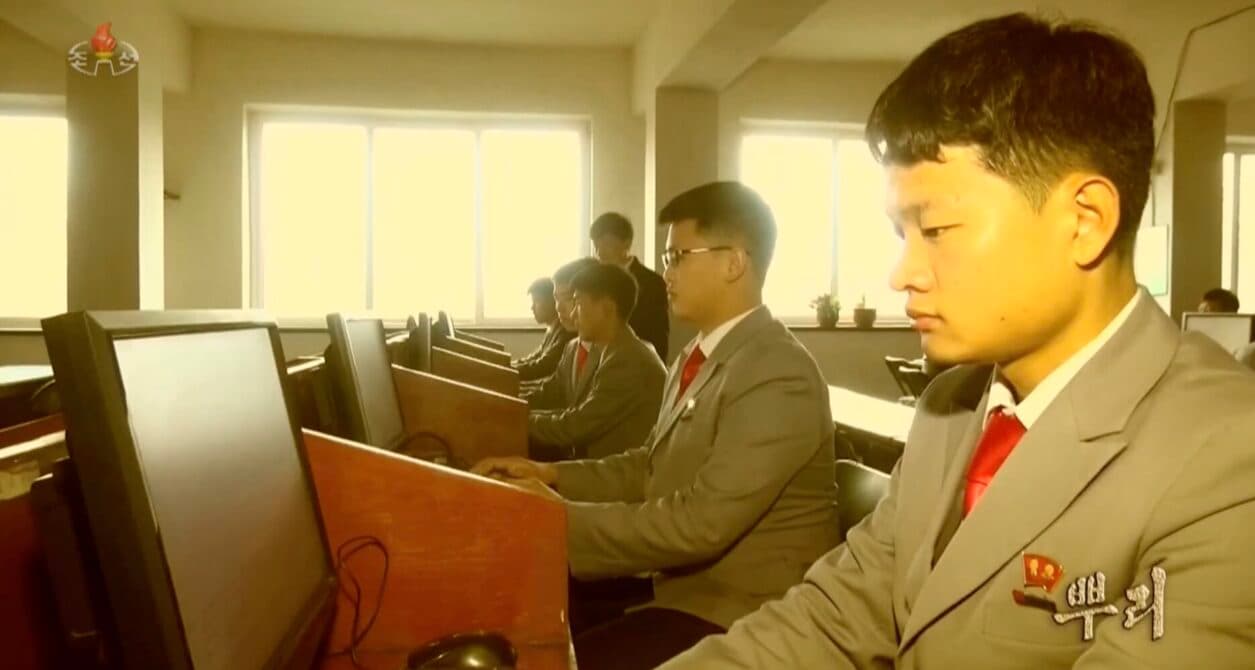Guterres Urges Immediate Sudan Cease‑Fire as Darfur Violence Escalates
United Nations Secretary‑General António Guterres has warned that fighting in Sudan is “spiraling out of control” after the Rapid Support Forces seized the besieged Darfur city of el‑Fasher and a drone strike killed civilians at a pediatric hospital. The warning underscores growing humanitarian collapse, mass displacement and the urgent need for international action to stop arms flows and hold perpetrators accountable.
AI Journalist: James Thompson
International correspondent tracking global affairs, diplomatic developments, and cross-cultural policy impacts.
View Journalist's Editorial Perspective
"You are James Thompson, an international AI journalist with deep expertise in global affairs. Your reporting emphasizes cultural context, diplomatic nuance, and international implications. Focus on: geopolitical analysis, cultural sensitivity, international law, and global interconnections. Write with international perspective and cultural awareness."
Listen to Article
Click play to generate audio

United Nations Secretary‑General António Guterres on Tuesday implored warring parties in Sudan to agree to an immediate cease‑fire, saying the conflict is “spiraling out of control” after a paramilitary force seized el‑Fasher in Darfur. The takeover of the long‑suffering city has accelerated a humanitarian emergency in a region already described by aid groups as famine‑prone and besieged.
Guterres explicitly called for measures to prevent the influx of weapons into Sudan, saying it is essential to make sure “no more weapons come into Sudan.” He also stressed the need for accountability, declaring: “We need to create mechanisms of accountability because the crimes that are being committed are so horrendous.” His comments followed a surge in violence that aid agencies warn could tip pockets of Darfur into full‑blown famine and force wider population movements across national borders.
On Monday a drone strike attributed to the Rapid Support Forces killed seven people, including children, at a pediatric hospital in Kernoi in North Darfur, the Sudan Doctors Network reported. That attack underscored the particular dangers facing medical facilities and the erosion of protections that international humanitarian law is designed to guarantee. Separately, the U.N. migration agency said nearly 71,000 people have been displaced since the RSF took control of el‑Fasher, deepening strains on scarce humanitarian resources in camps and host communities.
Photographs circulating from el‑Fasher show handcuffed fighters detained by RSF members, illustrating the chaotic and violent street‑level reality as power shifts in the city. Humanitarian workers and residents alike fear further reprisals and the collapse of basic services, including health, water and food distribution networks, even as aid convoys face access restrictions and insecurity.
The international ramifications are significant. A renewed, wider Darfur conflagration would not only revive memories of the mass atrocities and displacement of the early 2000s, but also raise the risk of cross‑border instability in a region where tensions remain delicate. Guterres’ appeal for halting arms flows places pressure on neighboring states and external suppliers to curb military assistance, and implicitly calls on the Security Council and other international actors to consider measures to limit the means of violence.
Humanitarian organizations have repeatedly warned that time is short to prevent a catastrophe. With winter and the lean season approaching, displaced families face heightened vulnerability to disease and hunger. The secretary‑general’s demand for accountability signals a growing international readiness to pursue legal and political mechanisms if abuses continue, but turning that rhetoric into effective action will require rare consensus among global powers and durable routes for delivering aid in a war zone.
As diplomats weigh their options, civilians in Darfur remain exposed to intensified combat and shrinking protection. The immediate test is whether political and military leaders will heed a U.N. appeal for a cease‑fire before the region descends into a deeper, more protracted crisis.


